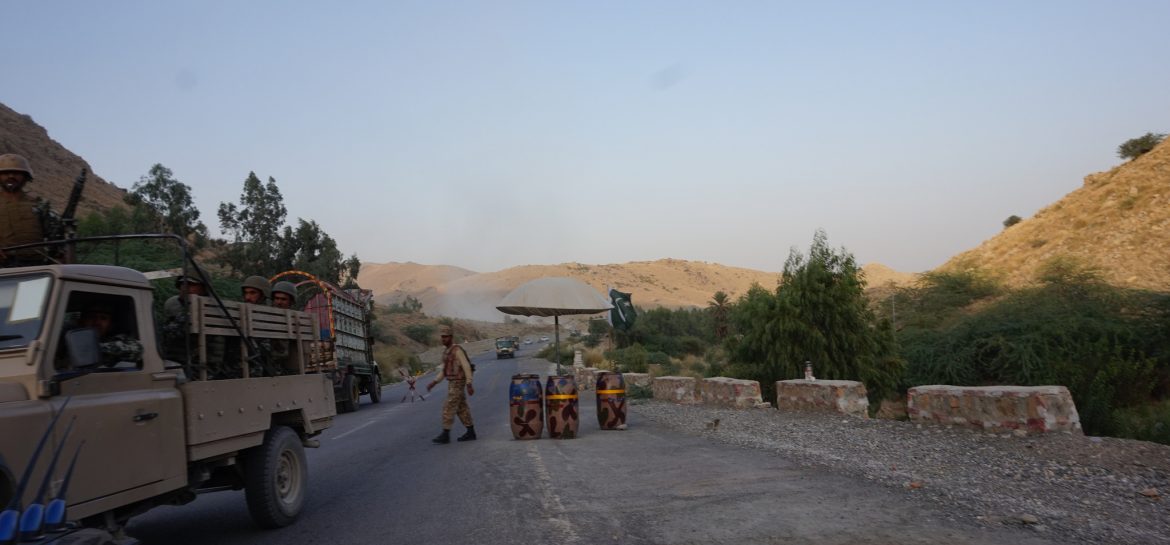How War Altered Pakistan’s Tribal Areas

For Foreign Affairs:
On June 28, Naghma, a 13-year-old girl living in Pakistan’s Federally Administered Tribal Areas, was taken by her uncle and five other relatives to an empty room in a house nearby and shot five times with an AK-47. She had apparently brought shame to the family by trying to run away with a young man from her neighborhood and one of his friends. Although her murder was but one of the thousands of “honor killings” that occur in Pakistan each year, it was different in one sense: it was technically legal.
Pakistan criminalized honor killings in 2016, making them punishable by mandatory life sentence. But the Federally Administered Tribal Areas (FATA)—a 10,500-square-mile strip of land wedged between Afghanistan and the Pakistani province of Khyber Pakhtunkhwa—is governed not by Pakistani law but a century-old set of regulations that leaves the enforcement of law and order to locals.
The result is that for centuries, the tribal areas were lawless, run not by a government but by a romanticized system of tribal customs dubbed Pakhtunwali. Pakhtunwali is what was used to explain the Afghan Taliban’s decision not to hand over Osama bin Laden after 9/11; even a mortal enemy is to be kept safe if they show up at your doorstep, the custom ostensibly dictates.
But 16 years of war have torn apart the old social fabric in FATA. Thousands of tribal elders, who have traditionally overseen life in FATA, have been killed in the conflict between the Taliban and al Qaeda fighters and the Pakistani state, and thousands more have been forced to flee for their lives. More than three million have been displaced from FATA, and the tribesmen and women no longer want nor understand Pakhtunwali.
Continue reading here.